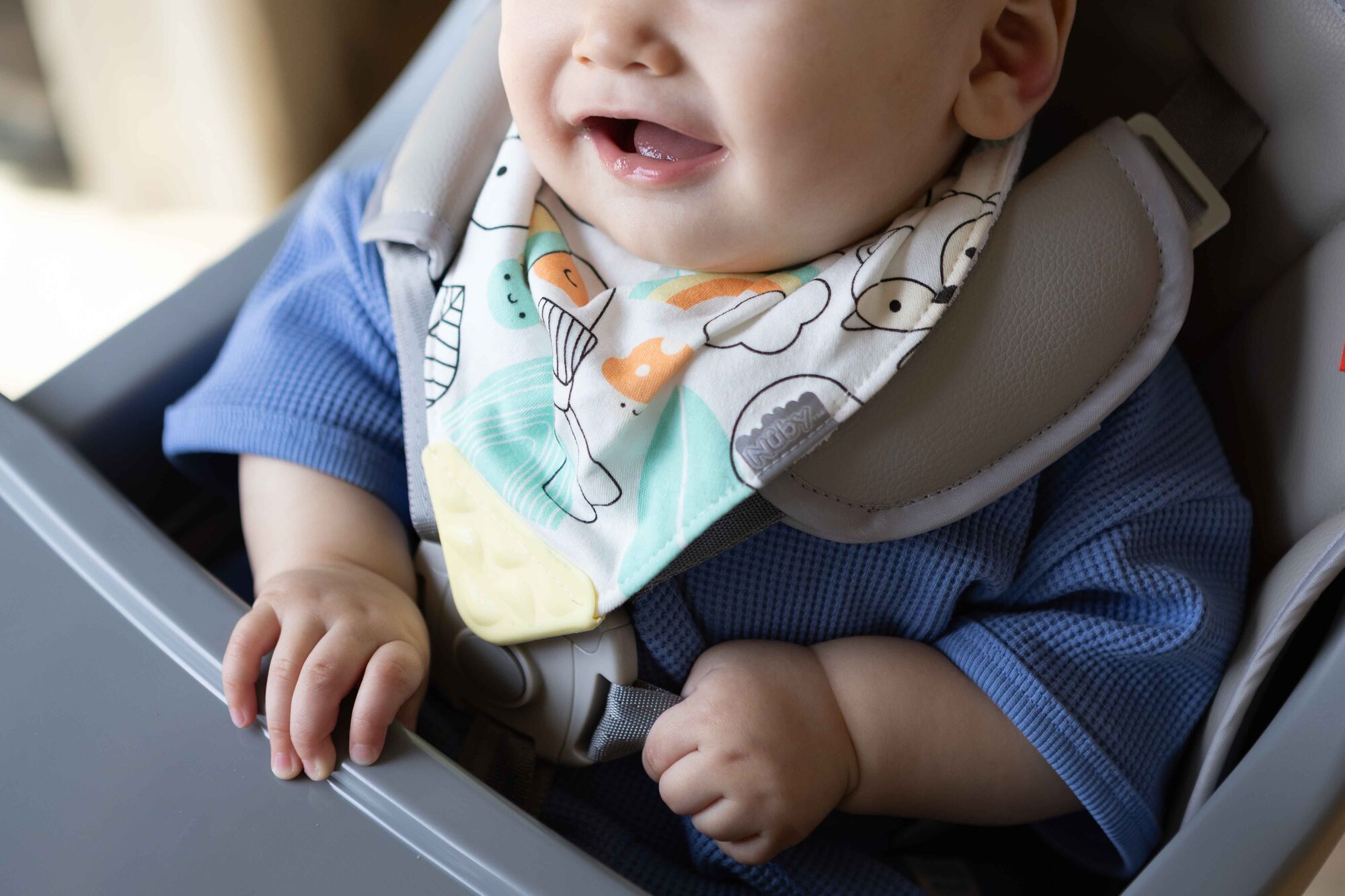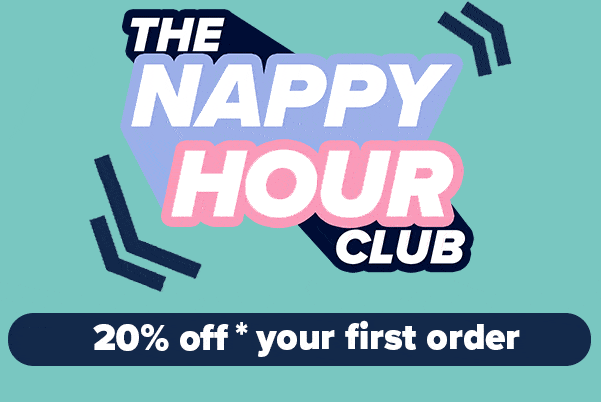With Easter just around the corner, it’s hard to resist the chocolate eggs lining supermarket shelves. While it’s normal to want your baby to join in on the fun, you might be wondering if babies and toddlers can have chocolate.
To help parents we’ve spoken to Dr Deborah Lee from Dr Fox Online Pharmacy about what to consider before sharing chocolate with young children especially those under the age of one.
Why chocolate isn’t recommended for babies under one
Chocolate might seem like a fun way to include your baby in Easter traditions but if your child is under one you should wait.
“Chocolate is a type of ultra-processed food (UPF), which means it’s high in fat and sugar,” explains Dr Deborah Lee from Dr Fox Online Pharmacy. “These kinds of foods aren’t recommended for babies and toddlers.”
She adds that chocolate goes through a lot of processing and often contains extra ingredients like emulsifiers, thickening agents, preservatives and artificial sweeteners. It also naturally contains caffeine and salt, neither of which are suitable for young children.
So, while the occasional taste probably won’t do any harm, it’s best not to make chocolate a regular part of your baby’s diet, especially before their first birthday.
Four reasons to hold off on chocolate, according to a doctor
Dr Deborah Lee shared with us four main health reasons why chocolate may not be suitable for babies.
1. Chocolate contains added sugar
Too much sugar at a young age can set the stage for health problems later on. “Studies have shown that excess sugar in early childhood can increase the risk of things like high blood pressure, raised cholesterol, childhood obesity and fatty liver,” says Dr Deborah Lee. “These are things we want to help children avoid from the very beginning.”
2. It has small amounts of caffeine
Even small amounts of caffeine can affect babies and toddlers, as their bodies are more sensitive.
“Caffeine is a stimulant – it can raise heart rate and blood pressure, and it can make little ones feel restless or anxious,” explains Dr Deborah Lee. “It may also disrupt their sleep.”
She points out that just 30g of milk chocolate contains around 6mg of caffeine, while dark chocolate can contain up to 20mg depending on the cocoa content.
3. Chocolate might worsen reflux
If your baby deals with reflux, chocolate might not help. “The caffeine in chocolate can relax the lower oesophageal sphincter,” says Dr Deborah Lee, “and that can make reflux worse, leading to discomfort like heartburn.”
4. Sugar and teeth don’t mix well
Tooth decay is on the rise in young children – and sugar is a big part of the problem. “Sugar feeds the bacteria in the mouth, which produce acid that damages the enamel on children’s teeth,” Dr Deborah Lee explains. “Over time this can lead to cavities, infections and pain.”
She also highlights a shocking fact: “The most common reason for children aged five to nine being admitted to hospital is for tooth decay and much of it starts early.”
So, at what age can young children try chocolate?
Dr Deborah Lee recommends waiting until your child is at least one before introducing chocolate or other sugary treats. Even then, it’s best kept as an occasional treat rather than a regular part of their diet.
From age one, children should have no more than 10g of free sugars per day, that’s roughly two and a half sugar cubes. From age two to three, the limit increases slightly to 14g per day.
Free sugars include anything added to food and drink, as well as natural sweeteners like honey or syrup. Naturally occurring sugars found in milk or fruit don’t count.
If your baby already had a bit of chocolate - don’t worry
Accidents happen especially with curious little hands and chocolate everywhere this time of year. If your baby has already tried a small amount of chocolate, there’s no need to panic.
Dr Deborah Lee reassures parents, “A small amount of chocolate isn’t going to cause serious harm. The bigger concern is with regular or frequent consumption, which is why we encourage waiting until they’re older before introducing it.”
Five chocolate free Easter ideas for babies and toddlers
If your child is too young for chocolate or you prefer to avoid giving them sugary treats, there are still lots of ways to celebrate Easter with them. We’ve rounded up five alternatives to make the holiday special.
1. Easter themed books for quality time
An Easter themed book is a way to enjoy quality time with your baby or toddler. Whether they’re a newborn enjoying the sound of your voice or a toddler starting to turn the pages themselves, a seasonal story is always a winner. You can find Easter books in most bookstores or try your local charity shop to grab a bargain.
2. Jigsaws to encourage early development
Jigsaws are not only fun but they are also great for developing fine motor skills and problem solving skills in young children. A jigsaw can be found in toy shops, bookstores or even charity shops and it’s a gift that can be used again and again.
3. Dress up fun for little imaginations
Toddlers love imaginative play and dressing up is a great way to encourage it. Consider a bunny or chick costume to bring a little extra Easter fun to your celebrations perfect for playtime and photo opportunities to capture the memories.
4. Get crafty with egg painting
Decorating eggs is a fun budget Easter activity. Boil some eggs in advance, let them cool and then pop them back in the egg carton ready to paint. It’s a fun way for young children to explore their creativity while practising hand eye coordination and fine motor skills.
5. Introduce real eggs as a new food
According to the NHS, babies can start eating eggs from around six months. If your baby hasn’t tried eggs before, Easter could be the ideal occasion to introduce them to eggs. Hard boiled eggs can make a great finger food just make sure they’re cooked thoroughly and cut into manageable pieces.
If you're looking to buy an Easter gift instead of a chocolate egg, we have a lovely selection of new baby gifts, as well as gifts for 6 month olds, gifts for 1 year olds and gifts for 2 year olds.
